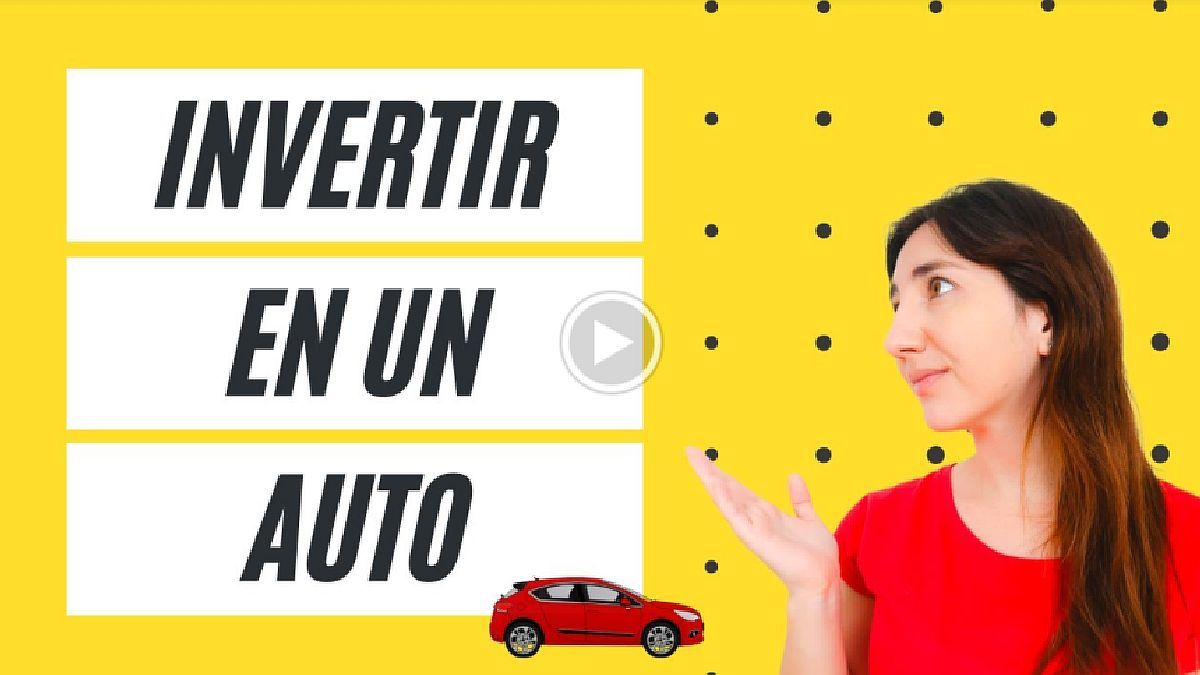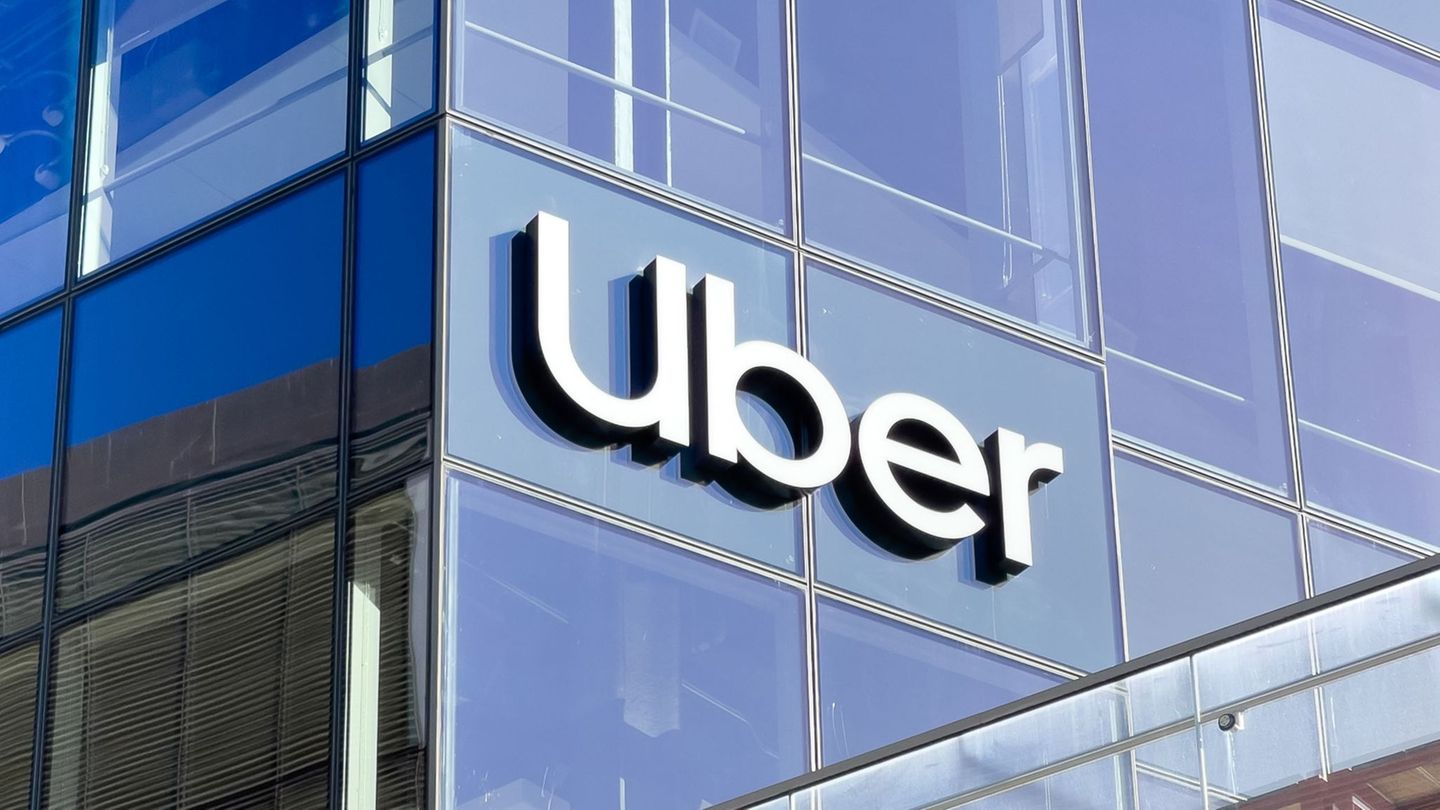Expenses when buying a car
As I was saying, buying a car is simply an expense. To begin with, it is estimated that a car loses between 10% and 20% of its value as soon as it leaves the dealer, for the simple fact of ceasing to be a 0km and it will never recover its original value. Later, with the passage of time and use, it continues to lose value little by little.
In and of itself, acquiring a car is a significant capital outlay that builds up between purchase-related management expenses and tremendous tax pressure. After this, recurring expenses arise, some of which are fixed (such as patent and insurance) and other variables (such as fuel, tolls, washing). Finally, we have extraordinary expenses such as repairs or changing tires. In fact, according to a British study, Argentina is the second most expensive country in the world to buy and maintain a car, after Turkey.
Opportunity cost
In addition, the opportunity cost must be taken into account. If you’re wondering what opportunity cost has to do with buying a car, don’t despair, it’s simpler than it sounds. Every decision we make in life brings with it an opportunity cost; Whenever we accept one alternative, we are rejecting others. For example, if at this moment I am here recording this video and doing an opinion column for you, I am stopping doing other things, because I cannot be in two places at the same time.
In this particular case, allocate that sum of money to the purchase of a car with the maintenance that it entails by adding payments for insurance, patent, fuel, etc. It takes away from us an opportunity to invest that money and that it generates profits for us.
Should you buy a car?
It depends a lot on the particular situation of each one. On the one hand, it depends on the use that is going to be given to it. Getting around is undoubtedly a necessity, but for those of us who live in large urban centers such as the City of Buenos Aires, we have different means of transport available at a much lower cost and at the same time everything is closer. For those who live in the interior, having their own mobility can become indispensable. Therefore, whether or not it is convenient to have a car depends on the use that is going to be given to it, compared to the cost of other means of transport if they are available.
Secondly, the expenses involved in the vehicle must be able to be paid easily based on your current financial situation without having to make significant sacrifices and without losing the ability to save. In the event that you decide to purchase, you should start saving and investing in order to achieve this goal in a shorter period of time.
We cannot refer to the acquisition of a car as an investment for the reasons mentioned that are summarized in a basic proposition: we do not keep the capital (remember that this good loses value as soon as it is acquired) nor do we get a return on it, unless we put it to work, but that is another matter entirely. For these reasons, the purchase of a car should be considered an expense and be considered taking into account the personal situation of each one.
David William is a talented author who has made a name for himself in the world of writing. He is a professional author who writes on a wide range of topics, from general interest to opinion news. David is currently working as a writer at 24 hours worlds where he brings his unique perspective and in-depth research to his articles, making them both informative and engaging.




